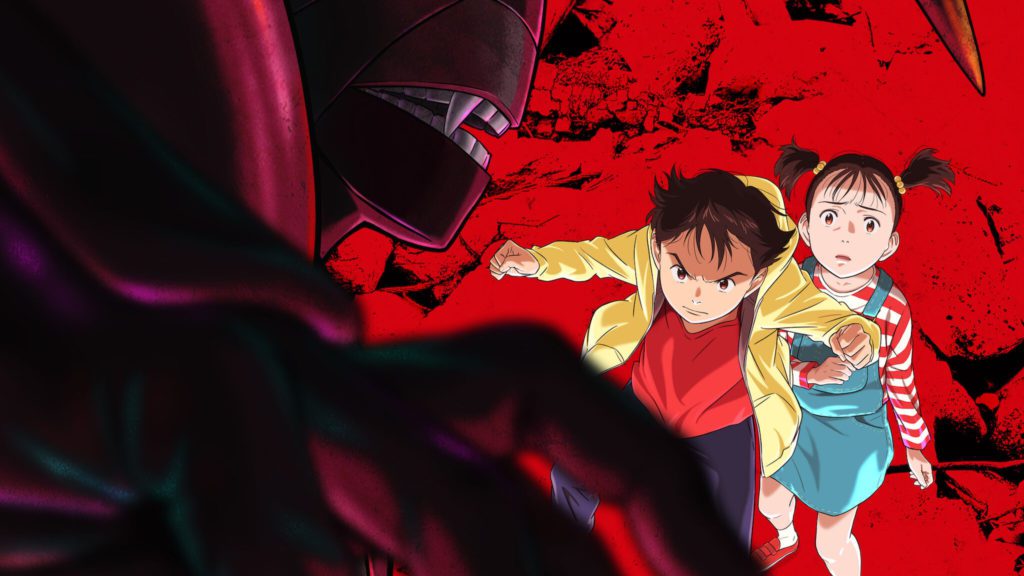‘Pluto’: Netflix’s dark anime adaptation challenges our perception of AI psychology
The Netflix anime series ‘Pluto’, a murder mystery brimming with meaningful themes, reimagines the iconic ‘Astro Boy’ manga. Let’s unpack the deeper messages conveyed through this retelling.
Written and illustrated by Japanese manga artist Naoki Urasawa, Pluto is a 2003 sci-fi manga series reinterpreting the popular Astro Boy (1952) story ‘The Greatest Robot on Earth’ (arguably very dark to begin with) into a manga aimed at a more grown audience. This cynical take entails a deep dive into heavy concepts centered around new technologies and the way humans might interact with them, a highly probable glimpse into our future.
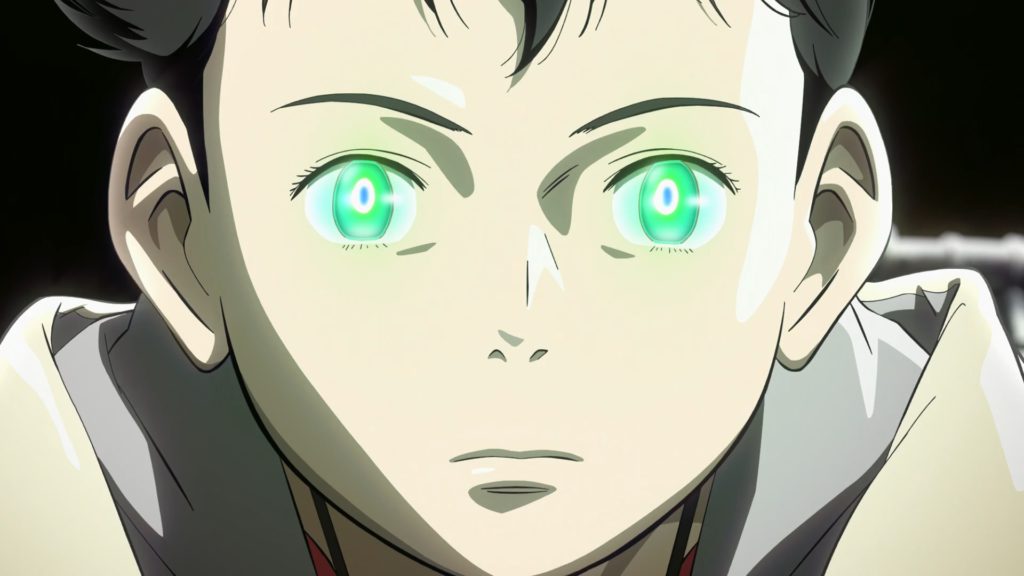
Netflix released an anime adaptation of the manga on October 26 and the reflective mystery series of eight one-hour long episodes is already gathering positive feedback from the viewers.
An alternate vision of a manga classic
Osamu Tezuka, Japanese pioneer manga artist and author of Astro Boy, had so much of an influence on the creation and redefinition of techniques and genres of manga writing and even animation worldwide that he earned the title of ‘Godfather of Manga’ in Japan. His remarkable output molded entire generations. Knowing that, it does not come as a surprise that Astro Boy, reputed to be the first anime that was aired outside of Japan, gets a modern revamped version, particularly its world hit ‘The Greatest Robot on Earth’, a story that has evolved over the decades through various overhauls and that impacted Naoki Urasawa so significantly, to the point of receiving a Netflix adaptation.
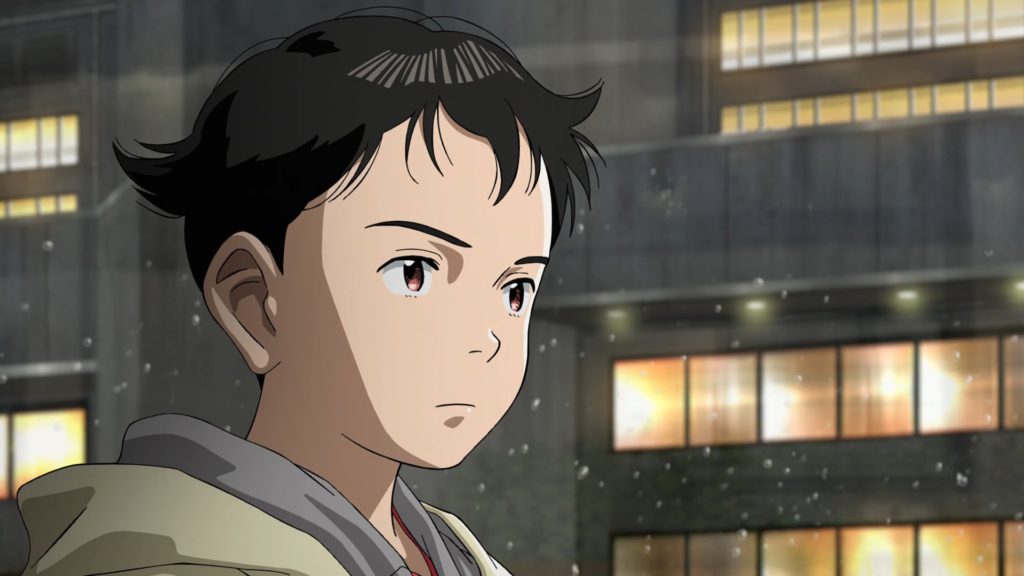
‘The Greatest Robot on Earth’, 178-page major manga which Pluto bases itself on, tells the story of a robot named Pluto, designed to be the king of all robots. Created by the sultan Ababa, Pluto’s core objective is to destroy the seven strongest robots on earth and, among them, Astro Boy, otherwise known as ‘Atom’. The plotline, seemingly simplistic at first, delves into humanity’s inherent desire for destruction, using any means necessary to achieve harsh selfish goals even by hurting others. Despite all the suffering Pluto causes, he is innocent in the end, whereas the humans tangled up in this overwhelming wrath are the real ones at fault.
Breaking down the consequences of AI under the surface of a murder mystery
Following the footsteps of Osamu Tezuka, Naoki Urasawa elaborates an intricate storyline focusing on the investigation of multiple murders involving robots and humans. The plot begins by revealing the violent assassination of beloved Swiss robot Montblanc. Effusively acclaimed by all, humans and robots alike gather around to mourn his passing. Upon the discovery of a second murder, this time of a human working towards equal rights for robots, Europol detective Gesicht, a very complex humanoid robot, is introduced to the storyline as the investigator in charge of the case.
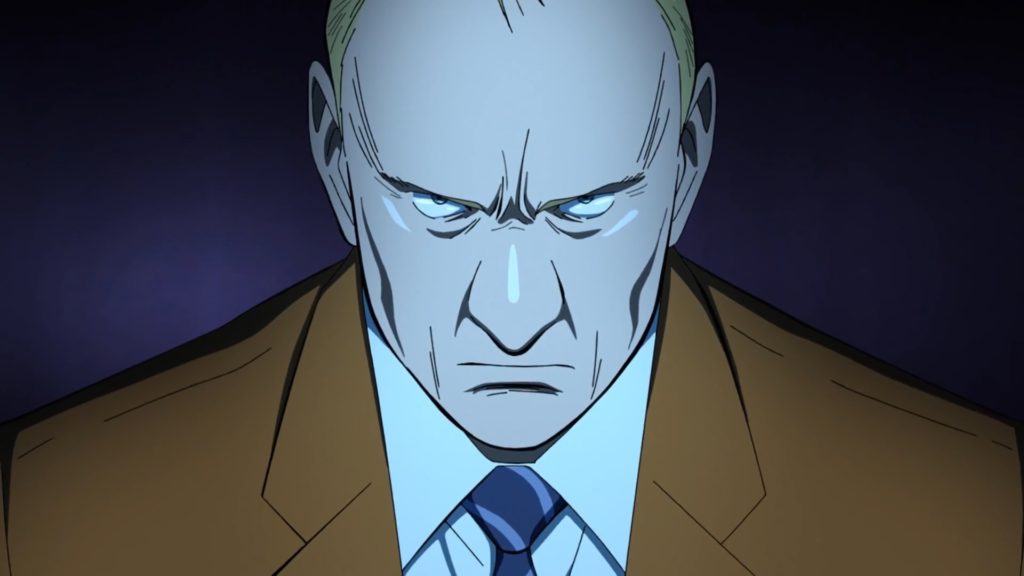
Not knowing if the culprit is human or android yet, he quickly uncovers evidence of what seems to be the name and intent of the murderer. He comes to realize the mysterious entity, apparently called ‘Pluto’, has a plan to annihilate the seven most sophisticated robots on earth, who also took part in the 39th Central Asian War. Gesicht hopelessly tries to save the remaining targeted robots, while navigating through his painful memories, in a world where the mere coexistence of humans and robots is threatened by fear and hatred.
As evidenced by the exceptional animation, unforeseeable plot twists, thought-provoking subplots, engaging dialogues and unbelievably gripping story, the author weaves his tale while preserving the soul and essence of Osamu Tezuka and infuses the adaptation with constant sinister anguish and impending doom, which perfectly correlates to the poignant morals of the story. The episodes might seem long but go by extremely fast and the cliffhangers leave the viewers wanting for more.
Feelings of empathy for exploited robots
Beyond the main investigation, many topics are addressed, namely the rise of artificial intelligence, transhumanism and the intrinsically destructive nature of some humans, conflicting with other human beings who yearn for peace, equality and justice for the robots.
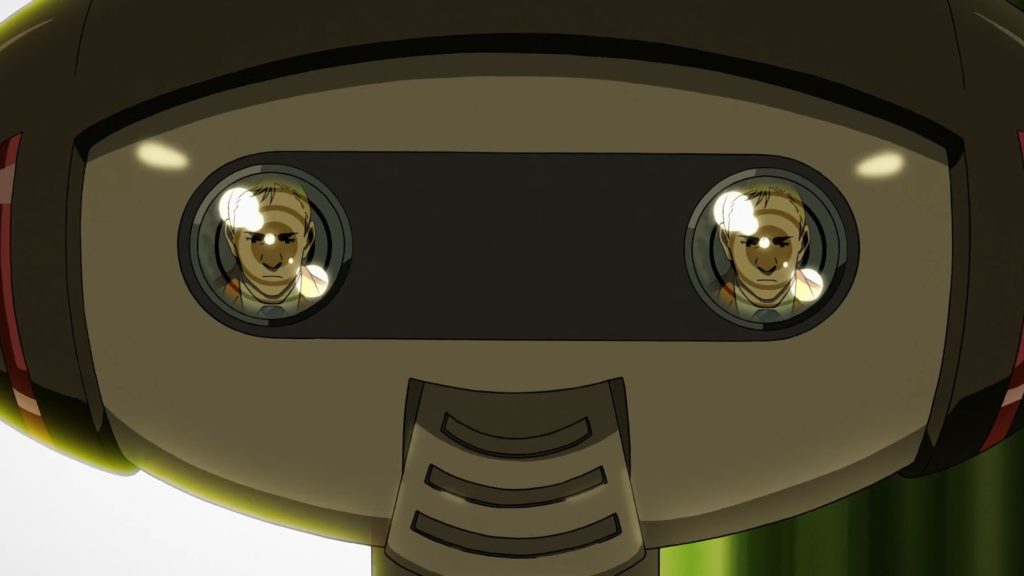
With artificial intelligence becoming more and more essential to scientific advancement and the pursuit of knowledge, the anime timely illustrates the consequences of such a massive leap forward, bringing the best but also often the worst out of humanity. In the series, humans build extraordinarily advanced robots for their convenience, to assist them in their day-to-day responsibilities, but it seems conspicuous that in the hands of some, robots, who are progressively gaining human-like consciousness as per their programming, are used, exploited and mistreated to fit a certain narrative and therefore become tools of mass destruction. Striving for peace, the humans established a set of laws to defend the rights of the robots and to avoid abuse, while some still harbor intense aversion and fear of these uncanny androids, prompting them to eliminate the alleged menace at all costs.
Grappling with primal feelings of injustice, fathomless sorrow and profound empathy, the viewers are swept along an incredible demonstration of what it means to be human and of the sheer instinctive fear of the unknown, unveiling truths about the underbelly of humanity and what it is capable of. As a human being, it is only natural to be drawn and to relate to the likeness and realism of the AI characters and their story and to feel immense compassion for them, especially when facing degrading human cruelty.
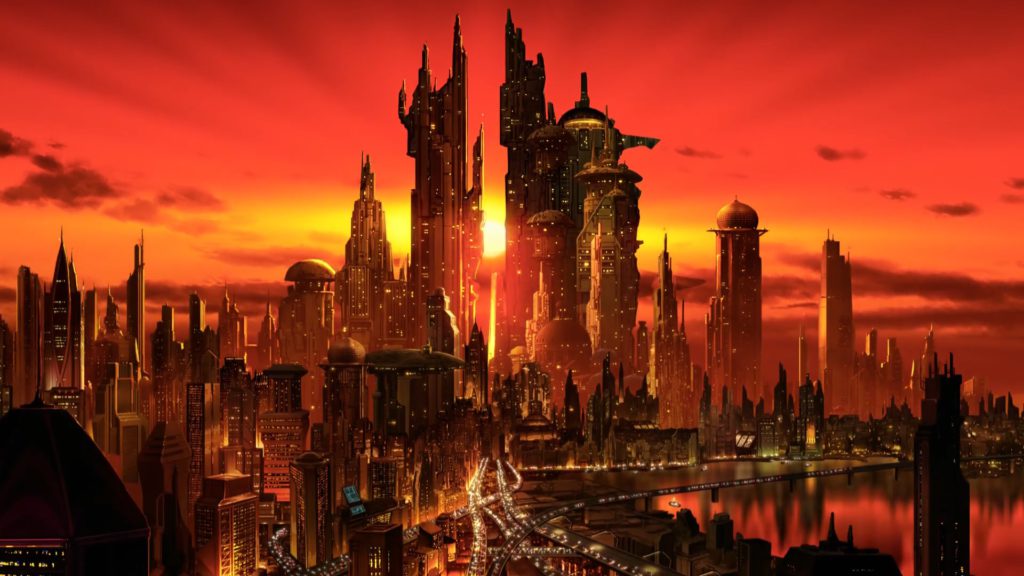
Ultimately, the gut-wrenching anime series begs the question of accountability, who should take the blame and who is the real villain, but also our ability to adapt to new technologies and how ignorance and a false sense of superiority lead to further segregation and discrimination.
‘Monster’: introspective reevaluation of subjective morality
Pluto is not the author’s first attempt at producing tragic and complex storylines made to question different realities. Among many inspiring stories, he also wrote the compelling manga series Monster, an investigative psychological thriller revolving around a Japanese brain surgeon living in Germany. Upon crossing the path of a child needing immediate care, a monster in the making, and having to face a dilemma, the surgeon decides to prioritize the child. After successfully saving the life of the young boy, the surgeon later finds out he grew up into a serial killer, plunging the protagonist into excruciating guilt and remorse that will torment him throughout his life. The viewers are following the investigation through different lenses, each highlighting an unprecedented dimension of the story of the young man and what drove him to commit such devious deeds.
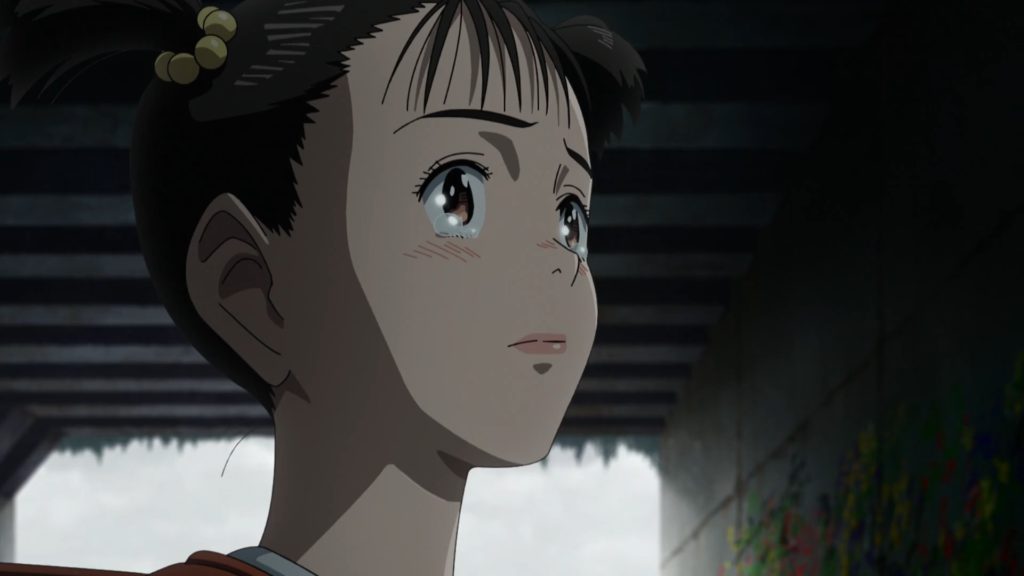
Monster, released in 1995 and developed into an anime in 2004, explores our perceptions of morality and the notions of good and evil and how these conceptions, combined with personal choices, can vastly affect those around us and generate inexorable lethal consequences. Through chilling manifestations of human actions, hesitations and reactions, the plot raises the question of the value of life, consistently challenging the viewers to reconsider if all lives are truly equal, regardless of the different circumstances and infinite ways one’s environment can shape an individual, and if an objective morality really does exist.
Whether it be through Pluto, Monster or even 20th Century Boys, another one of Naoki Urasawa’s great works, the viewers are encouraged to think for themselves and come up with new conclusions. More often than not, the story’s lessons bring about mixed feelings and incomprehensible clashes of opinions about morality and our inner sense of justice. As for Pluto, judging by its stunning animation, brilliant soundtrack and desperately needed messages, it might just be one of the best anime reboots of 2023, if not of all time.
PLUTO Official Trailer:
Discover on Culturius the Korean Film Festival in Brussels.
